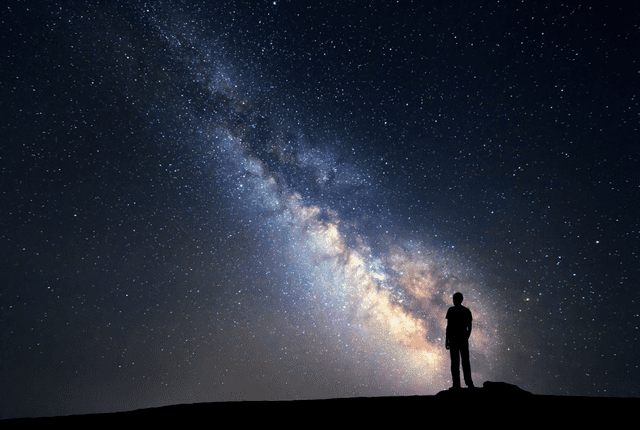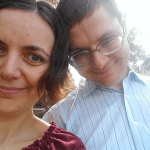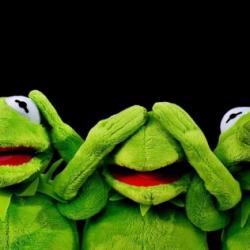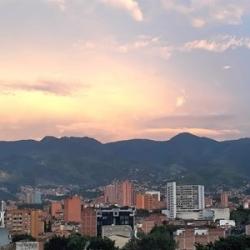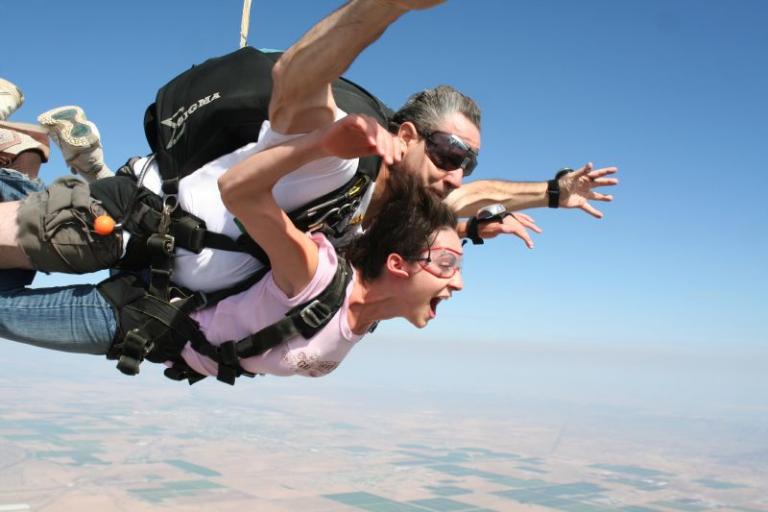My father has Alzheimer’s Disease for probably more than five years now. We are not quite sure when it all started. The track of these last five years has so inextricably changed the dynamics of our family, as it does in all those who bear the burden of this disease. In some ways, we are grappling how Alzheimer’s has taken hostage our relationship with our father and husband of my mother, how the way we loved each other, held each other, no longer suffices.
We are scratching to dig deep beyond the surface of loss of memory and to gather reservoirs of love and commitment that can never be responded to again in the way they always were, a new map of how we hold each other. In response I recently wrote a poem on this grieving while living. The language of this poem brings in quantum physics, the biochemistry of the disease, and a refrain in Latin that refers to a depth of things we can never fully uncover. For many of us who are religious, it is God. Here are a few stanzas:
My father wrestles
limbs from the couch
grunting, panting, pushing,
heaving oafish girt,
unsnarling
entwined proteopathy
as I extend my hand
holding steady this
mysterium tremendum
et fascinans.
My father bats
away dark encircling
amyloid beta unpredictability,
with its death grip,
its ooze,
leeching
behind beautiful
blank eyes that confess
mysterium tremendum
et fascinans.
My father gives his
ripeness with ease
to hunchback peptide,
devouring
his passion, but not
his light,
his biophoton emission,
his whole body,
a quivering mysterium
tremendum et fascinans.
These are experiences so many share. Recently, my siblings and I participated in a fundraiser for Alzheimer’s in the Delaware Valley in Philadelphia where more than ten thousand people, thousands of families in that local area bear this burden. I can well imagine that that crowd, holding yellow and purple flowers remembering loved ones, were religious in many different ways, and secular, in equally different ways. Our humanism, atheism, or religiosity played no special role in why we were all there together, only in how we are all trying to navigate this depth.
Depth, a term I borrowed from a Catholic philosopher and Jesuit, John Haught, refers to this place where we all stand. Haught speaks of key, universal experiences we all have and want more of, whether we are religious or not: depth, future, freedom, beauty, and truth. He argues that Rudolf Otto’s classic description of the “holy” as mysterium, tremendum et fascinans – a mystery that is awesome and beyond mere description, as well as seductive, can be used to describe all five of these experiences.
The illusive experience of depth, which is at the same time standing before the abyss and ground, seduces and invites. John Haught says that we encounter superficial impressions in our lives and throughout the world that are not what they seem to be. Both science and religion thrive on the conviction that things are not what they seem to be. Common sense impressions belie a world underneath of a submicroscopic universe of “counter-intuitive” physical occurrences that we can neither picture, nor imagine.
Alzheimer’s is teaching my family that we are not what we thought we were. Our experience of our family before the arrival of this disease revealed our blissful naivety, and, after its grim arrival, a depth of love and commitment we never knew we had.
As a religious person, I want to stand together in the crowd with our non-religious friends and join in something we both need to do: help the world search for this depth, to name it when it’s recognized, allow it to shape our malleable lives in these uncertain times, and celebrate it. The names we give to this depth will not be the same; life’s discoverable mysteries and/or God.
I wonder if that really matters anyway.
 FR. CARL CHUDY is a Catholic priest and member of an international Catholic religious order very involved in interfaith and intercultural dialogue worldwide. He holds a Masters in Divinity from Catholic Theological Union in Chicago with a cross-cultural specialization. Carl is currently involved in further studies in interfaith and inter-secular dialogue. He works with some national interfaith and secular associations, including the American Humanist Association.
FR. CARL CHUDY is a Catholic priest and member of an international Catholic religious order very involved in interfaith and intercultural dialogue worldwide. He holds a Masters in Divinity from Catholic Theological Union in Chicago with a cross-cultural specialization. Carl is currently involved in further studies in interfaith and inter-secular dialogue. He works with some national interfaith and secular associations, including the American Humanist Association.

